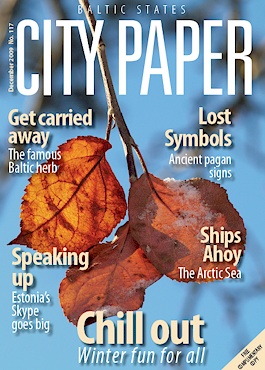Hands up, John Smith
 Surnames
for most instances derive either from patronyms, occupations,
locations, places of residence or from nature.
Surnames
for most instances derive either from patronyms, occupations,
locations, places of residence or from nature.
Smiths of the world where are you in the Baltics? Of interest is the fact that the most popular Western surname Smith or variations of it, do not feature to any great extent in the Baltics.
Let's look at Smiths from around the world. In Australia it is the number one surname followed by Jones (derived from John). Southern Slavs most frequent name is Kovacs [blacksmith], while in Russia ,Kuznetsov [of a Smith] is the most recurrent followed by believe it or not Ivanov [-of Ivan] the Russian variation of Jones. Petrov also gets a mention. The top three names in Poland are Nowak [new man], Kowalski/Kowalsski [Kowal – smith] and Kowlczyk [from "Smithy"].
In Ireland Smith comes in second place, while in England, Scotland and in the USA the surname Smith reigns supreme. In Germany the second most common surname is, you've guessed it, Schmidt.
So what happened to the Baltic "Smiths." In 2005 the Estonia surname Sepp meaning "blacksmith" was the third most popular surname (3,550). There are also a large number of names ending with –sepp and –sepa. The most common name is Jaan Tamm, John who dwells by the oak trees. Lithuania has these smiths; Kalvis, Kalevis and Kalvaitis, but they do not feature in the list of the top 8 surnames, where Kazlauskas is the winner. There are thousands of Jonas Kazlauskas. The surname could have originated from the nickname Ožys, Oželis, Ožiukas, Ožytis meaning male goat/buck, therefore interpreted as John Buck. In Latvia the name meaning smith, Kalejs is not a strong contender. Janis Berzins is Latvia's equivalent to John Smith, translation John Birch.
So there we have it, the Baltic area also needed smiths, indicating that metallurgy and metal technology was and still is an important aspect in all the culture's of the world.
By Peteris Medenis




